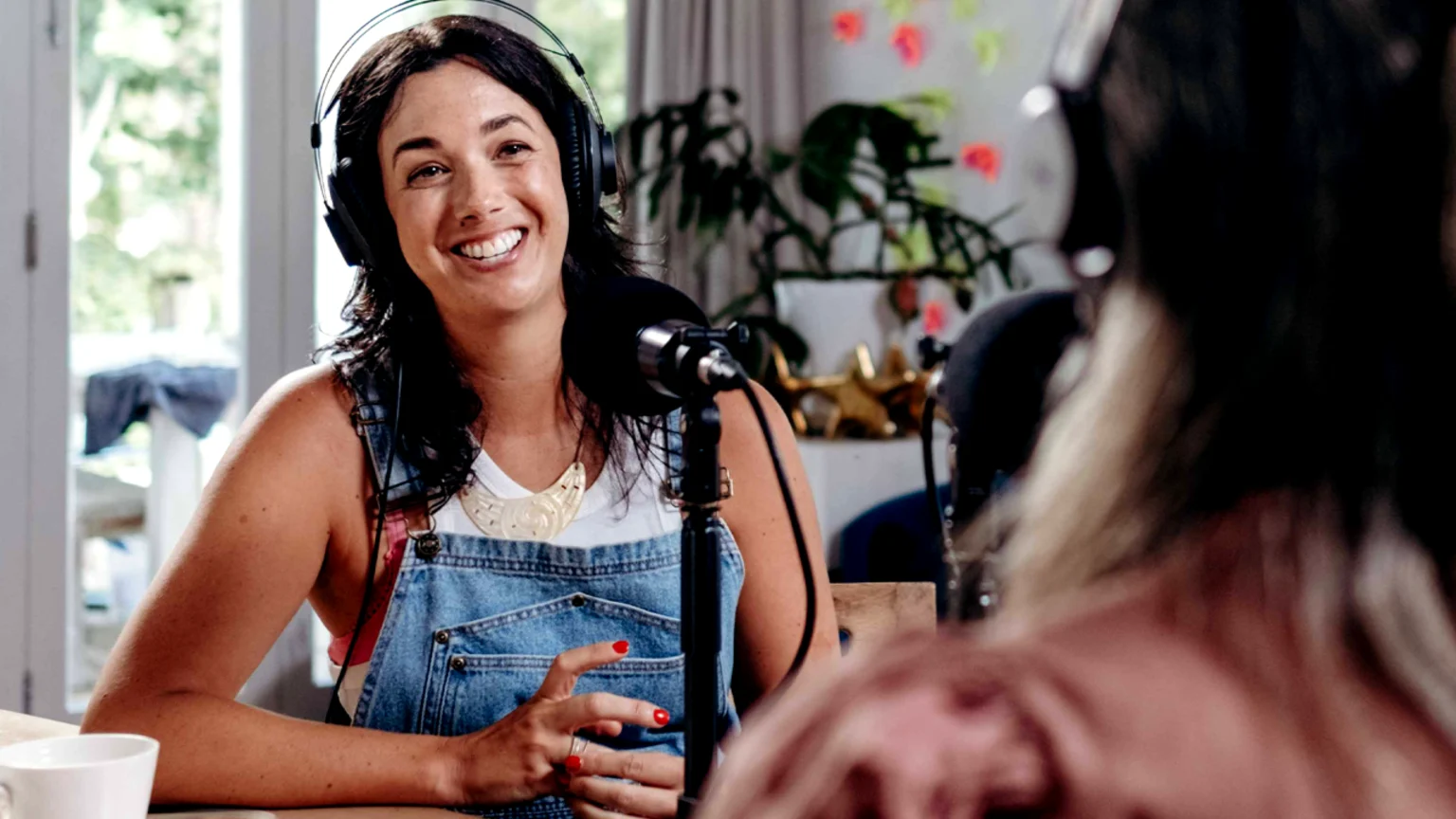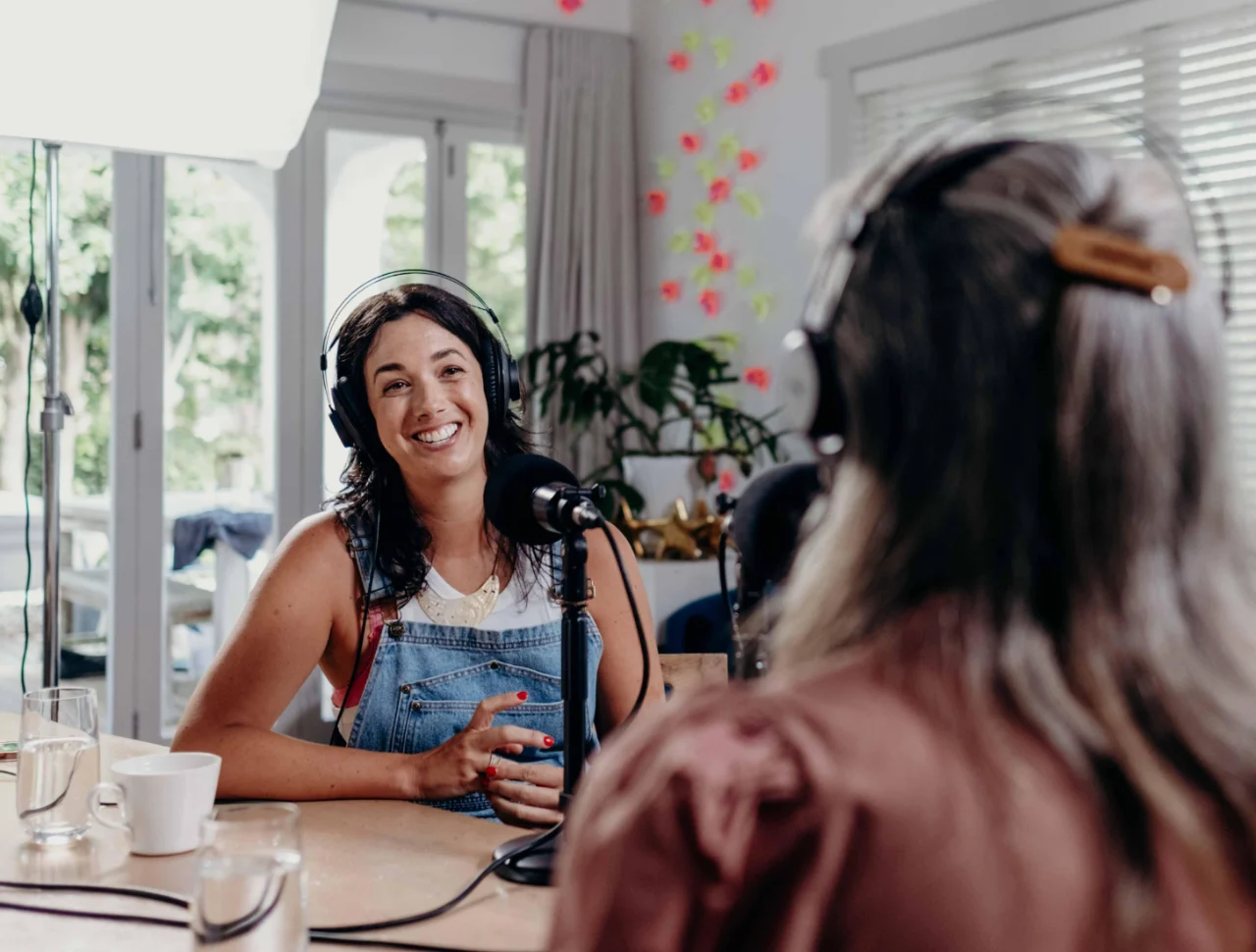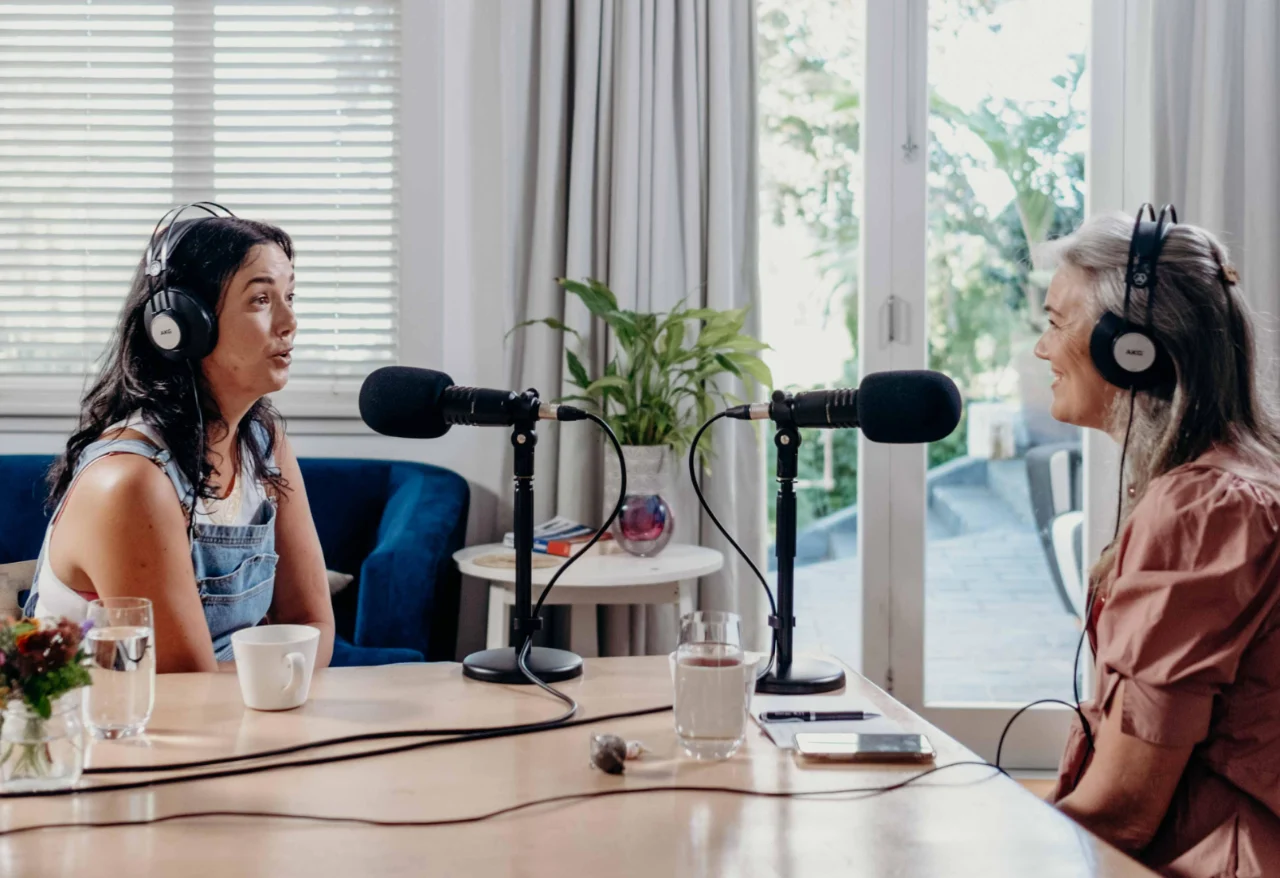Health & Wellness
Kiwi period care founder shares how Maori wisdom reframes and 'celebrates' periods

Published by The Breeze Team
01 Jun 2023
The founder of Kiwi period underwear brand AWWA says te ao Maori can provide a blueprint for reframing the shame and confusion many young girls feel about getting their period as a celebration.
In the latest episode of Grey Areas with Petra Bagust, released today, Michele Wilson spoke of her first ikura (period) and the taboo that surrounded it.
"I remember nobody spoke about periods in my house – I didn't really know what it was," she told Petra.
"I got my first period and I didn't even tell my own Mum. I didn't tell anybody. I just took things from the bathroom cupboard, and then she obviously found out that I had it and nothing was said."
Michele's attitude to ikura all changed when, as an adult, she was on a marae and stayed up late to listen to a kuia tell stories about her tupuna and their experience of periods.

SOURCE: Stephanie Soh Lavemaau
"I found it so fascinating. What she told me was so starkly different to how I grew up thinking of my ikura," Michele recalls.
"She said that when a kotiro (girl) first got her ikura, she was celebrated. That was such a tapu, sacred time, because that iwi, that hapu recognised that she was going to contribute to the growth of the whakapapa.
"The other women would take her into the ngahere (forest) with her first bleed and return it to Papatuanuku (the Earth), which we recognise as our first mother, with thanks and karakia and waiata."
Michele says the first ikura usually came with "a lot of beautiful ceremonies".
"But more than that, there was open education for tane and for wahine, where a tane would understand that when a girl had her ikura, that was her time to rest."
This emphasis on rest while on your period is the same across many indigenous cultures, Michele says – and in generations gone by in te ao Maori, it was all about taking autonomy of your body and taking time to learn what your passions were.

SOURCE: Stephanie Soh Lavemaau
"So if they loved to weave, that would be the week that they could relax and learn to weave or learn waiata or whakapapa.
"And I just thought, Oh my gosh, how different would society be today if we embraced the idea that when a woman has her period, she would be allowed to take a couple of days or even just a day [to dig] into her passions, where she wouldn't have any other responsibilities?
Michele says her knowledge now has changed how she's raised her own children, one of whom at age 11 isn't far away from her own ikura.
"She's so excited," Michele says. "We've got a name picked out for her that will form part of her middle name – a beautiful, Maori name – and I have a taonga picked out for her.
"We will have family and some close friends come round and, you know, it doesn't have to be this huge, big party. It's just a beautiful celebration and [opportunity] for them to be recognised for how special and tapu and sacred they are."
Elsewhere in the episode, Michele drops some more Maori wisdom about menstruation, discusses how she's embracing a healthy body image, and reveals the natural path she's taking to deal with her difficult symptoms of perimenopause.
Published by The Breeze Team
01 Jun 2023